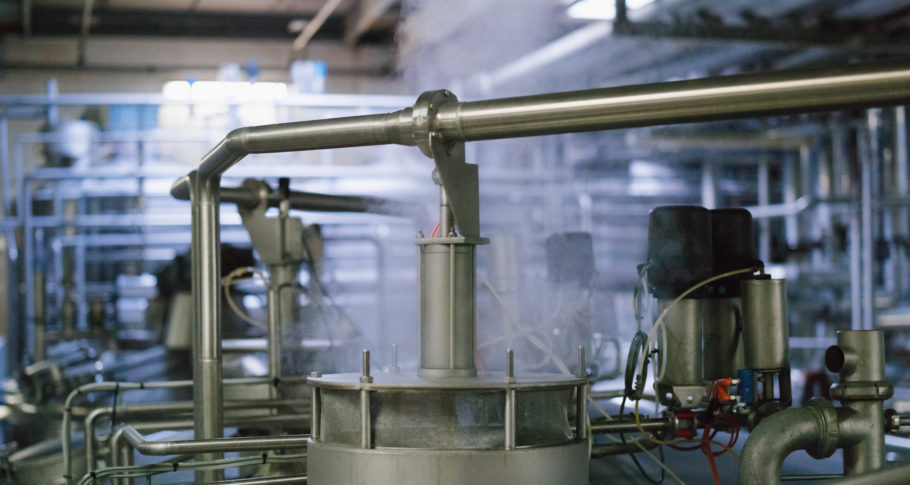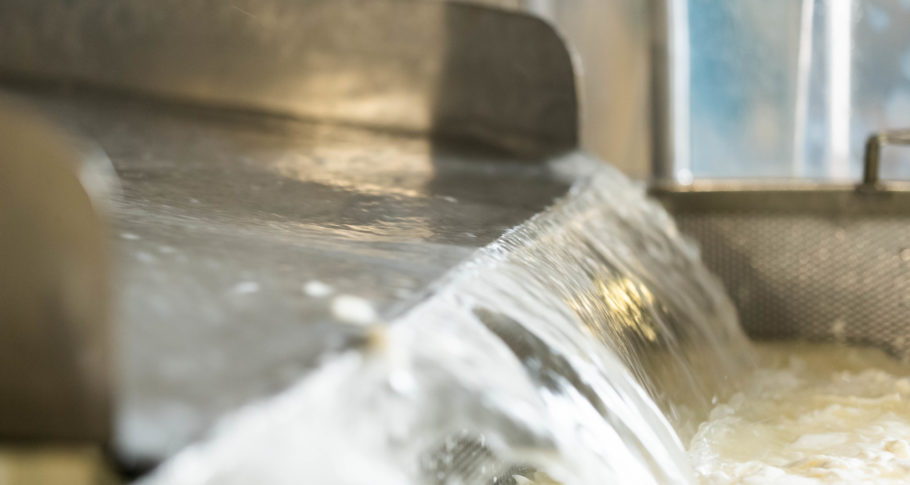17%
the dairy sector is committed to reducing the carbon footprint per litre of milk produced by 2025, by 17%.
Respect for the environment: a major challenge for dairy companies
Reduction of greenhouse gas emissions:
Spread throughout France, dairy companies are working to optimise collection channels and the volumes of milk collected. Training in eco-driving is offered to drivers. By reducing the number of kilometres travelled by trucks, companies can reduce environmental costs and limit CO2 emissions. Companies have reduced their collection routes by 30 million km since 2012.
Reduction of water consumption:
Cleaning procedures in dairies lead to lower water consumption thanks to a principle of optimisation and recovery. Water used for rinsing is recovered for reuse. 20% of the water used has been saved over 10 years.
Everything is done in the factories to optimise energy consumption
The identification and development of new practices have made it possible to reduce the energy bill in recent years. Many industrial producers have installed more economical boilers. Above all, they have innovated in renewable energy sources (wood-fired boilers, biomass, etc.).
Dairy companies are also looking to reduce packaging and use recyclable and sustainable resource materials.
Corporate commitments:
- Respect for the raw material: Factories recycle all the milk collected from producers. Whether it is manufacturing mass-consumption dairy products or ingredients for the agri-food industry, nothing is wasted.
- Energy control: Many industrial producers have limited their energy consumption by installing low-consumption machines. Some have even chosen to produce their own renewable energy, leading to 8% savings in fuel oil and gas consumption from 2012 on.
- Water saving: Installations have been designed to optimise water use.
- Limiting CO2 emissions: Dairies optimise their milk collection, which limits transport-related CO2 emissions.

